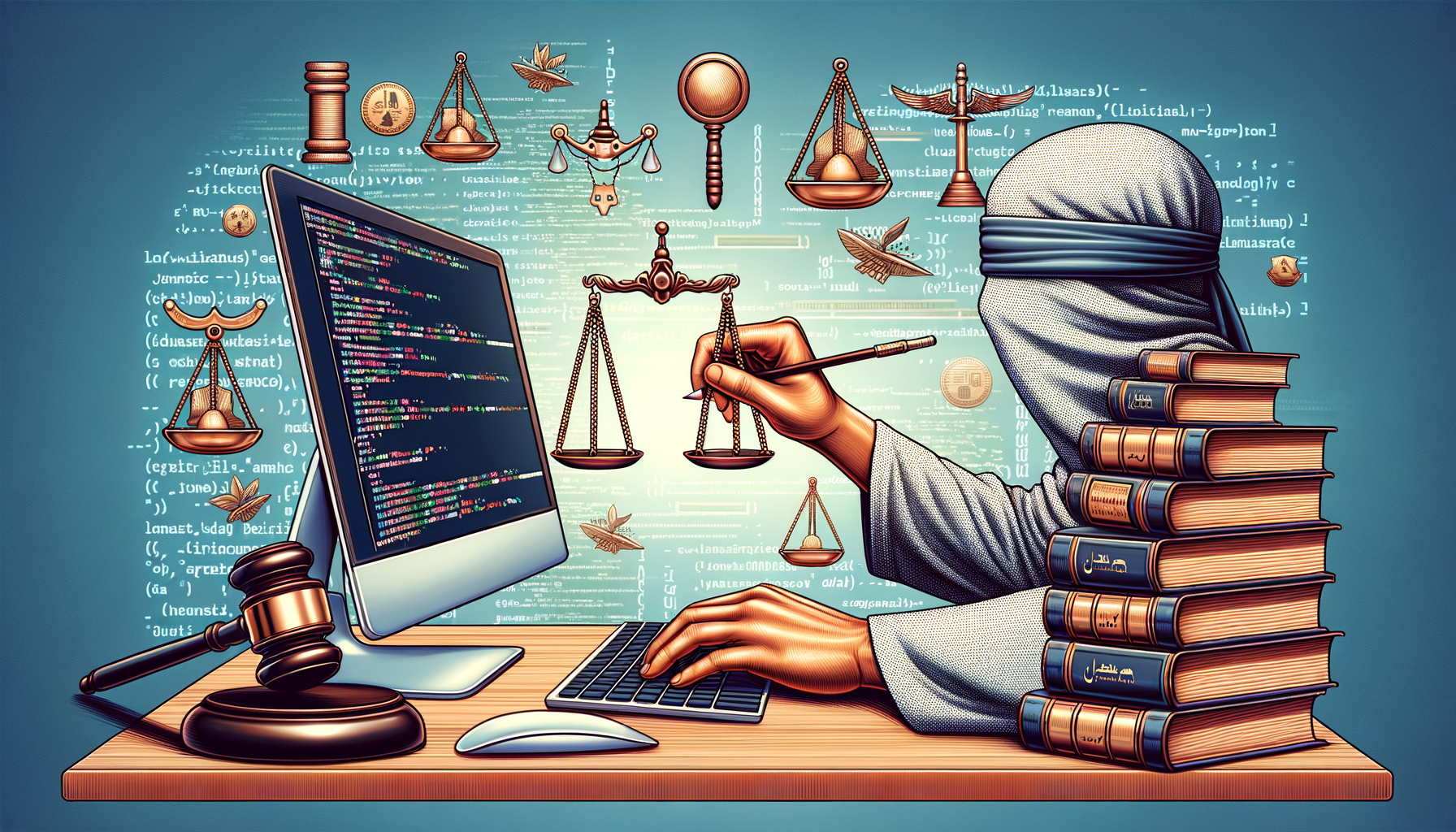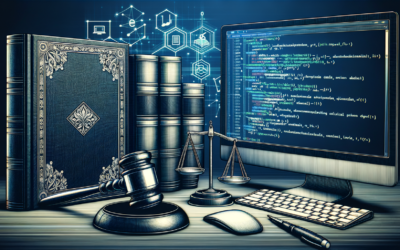Legal Software Publishing
Legal software is a cornerstone in the digitalization of the legal profession. These IT solutions are designed to optimize the management of legal activities, improving processes and offering greater reliability in the work of legal professionals. In a demanding and constantly evolving market, understanding legal software publishing is essential to being competitive and offering the best possible service.
What is legal software publishing?
Legal software publishing consists of creating, developing and distributing software tools for legal professionals such as lawyers, notaries and in-house counsel. These software packages can cover a wide range of needs: practice management, legal decision support, document drafting automation, and customer relationship management. The aim is twofold: to increase productivity and precision in the day-to-day practice of law.
The advantages of using legal software
Integrating premium legal software into law firms and legal departments offers multiple benefits. From saving significant amounts of time by automating repetitive tasks, to reducing human error, legal software is becoming a real ally for legal practitioners. They also offer the possibility of exploiting legal Big Data for better strategic decision-making.
Safety and compliance in legal software
These are designed to meet strict IT security and data privacy standards, including RGPD compliance. This is of the utmost importance, since the tools are required to manage sensitive and confidential information. Data security is ensured by advanced legal cybersecurity systems, protecting the integrity and confidentiality of customer data.
Integrating new technologies
The current trend in legal software publishing is the integration of new technologies such asartificial intelligence, blockchain and smart contracts. These innovative technologies pave the way for applications such as predictive justice, eDiscovery and the automation of judicial processes.
How do you choose your legal software?
Faced with the diversity of offers on the market, the choice of legal software should be based on several criteria: the size of the legal structure, the specificities of the field of activity, the user interface, the functionalities offered, and of course the pricing policy. It’s important to compare different solutions, such as Legalprod vs Diapaz or Legalprod vs Jarvis, to find the software best suited to your specific needs.
The constant evolution of the sector
The legal software publishing sector is constantly evolving, in response to the rapid changes taking place in the legal world. Publishers must therefore constantly innovate to offer ever more advanced tools that meet the new challenges facing legal professionals, particularly in the areas of legal project management and legal analytics.
Frequently asked questions
Here’s a list of frequently asked questions about legal software, to help users choose and use these indispensable tools.
What are the main challenges facing the legal software industry?
The main challenges lie in combining cutting-edge technology with ease of use, integrating ever-changing legislation and securing sensitive data.
Can legal software be customized to meet a firm’s specific needs?
Yes, many publishers offer customizable solutions. It is often possible to configure functionality and adjust the interface to suit a firm’s specific internal processes.
How does artificial intelligence fit into legal software?
Artificial intelligence (AI) is being integrated into legal software mainly to improve document retrieval, perform predictive analysis and automate the drafting of legal documents.
What impact can blockchain have on legal software?
Blockchain offers a high level of security and transparency for managing contracts and transactions. Its integration into legal software increases the reliability of data exchanges and facilitates the creation of intelligent contracts.
How can data security be guaranteed on legal software?
To ensure security, it’s imperative to choose software that complies with the most stringent IT security standards, including data encryption, regular security audits, and ongoing training of users in good cybersecurity practices.
Can software facilitate RGPD compliance?
Yes, some legal software includes features dedicated to managing RGPD compliance, automating certain tasks and ensuring better traceability of personal data.




